
Our biology changes as we get older, causing seniors to have different reasons for staying in shape than younger generations. Though physical fitness provides benefits at any age, the health perks physically fit seniors enjoy are more notable. Physicians and researchers say seniors should remain as active as possible, without overexerting one’s self. In older adults, exercise helps you live a longer, healthier, and more joyous life.
More exercise means more independence for seniors:
Seniors that exercise regularly are less likely to depend on others. According to Harvard Medical School, regular exercise promotes an older adults ability to walk, bathe, cook, eat, dress, and use the restroom. If self-reliance is a priority, exercise is one of the best ways to maintain independence for older adults.
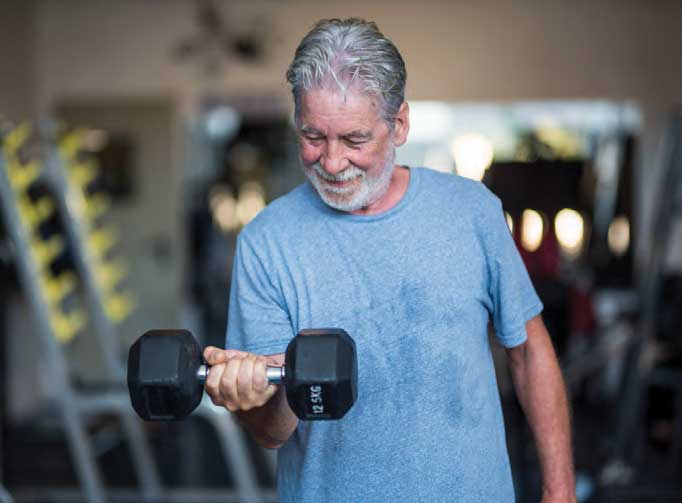
Exercise improves balance for older adults:
Falling down is a much bigger deal for older adults than younger ones. Every 11 seconds, an older adult is admitted to an emergency room for a fall-related injury, and every 19 minutes, a senior dies from a fall, according to the National Council of Aging. Though no two falls are alike, and preventing falls is very complex, regular exercise reduces the likelihood of falling by 23%.
Regular exercise means more energy:
Though it seems counter-intuitive, being inactive makes you tired and being active gives you more energy. Any amount of exercise promotes the release of endorphins, which are essential neurotransmitters linked to pain mitigation and a sense of well-being. Endorphins combat stress hormones, promote healthy sleep, and make you feel more lively and energetic, overall.
Exercise helps prevent and counteract disease:
Heart disease, osteoporosis, depression and diabetes are common diseases among older adults, and are often deadly. Fortunately, adopting a more active lifestyle can contribute to the prevention of these diseases, or reduce the unpleasant symptoms of these diseases if you already have them. If you are at-risk for disease, exercise may be the key to warding off an unpleasant condition.

Regular exercise improves brain function:
One of the most remarkable developments in health science is the revelation that the mind and the body are much more closely linked. A healthy body likely means a healthy mind, and seniors that exercise on a regular basis have improved cognitive health, according to research from NCBI. More recently, a study from the Alzheimer’s Research & Prevention Foundation, regular exercise has been shown to reduce your risk of developing Alzheimer’s disease or dementia by nearly 50%.
Exercise is crucial for older adults, but it can be hard to know where to begin. If you haven’t worked out for a while, re-entry into the active world can be daunting. There’s also a good chance the exercises you were once accustomed to aren’t ideal for older adults.
Before you launch into an exercise regimen, it’s important to check with a physician to ensure you’re healthy enough for exercise, and to see which exercises are ideal for your current fitness level.
If you need any help, contact the therapy department to help get you started.

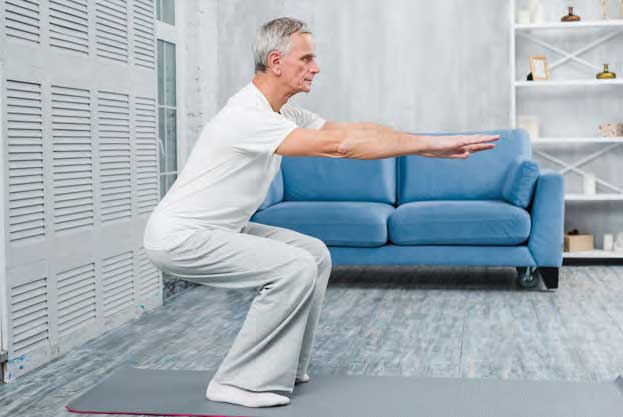
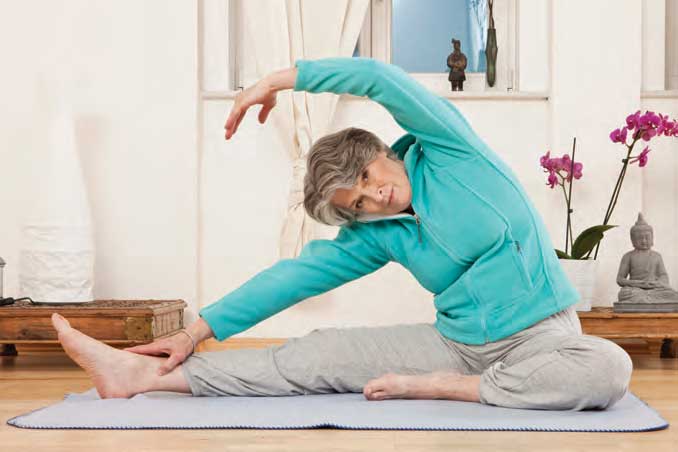
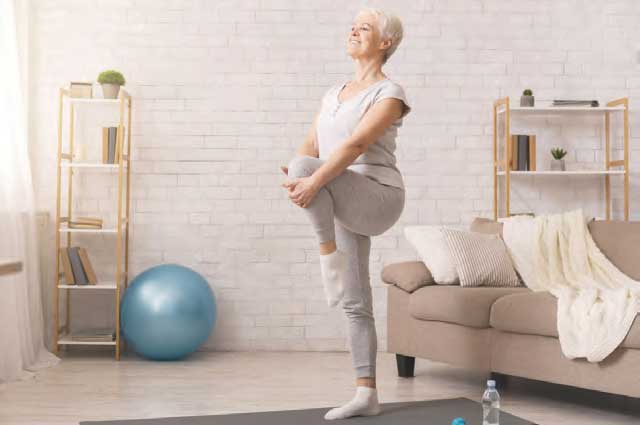
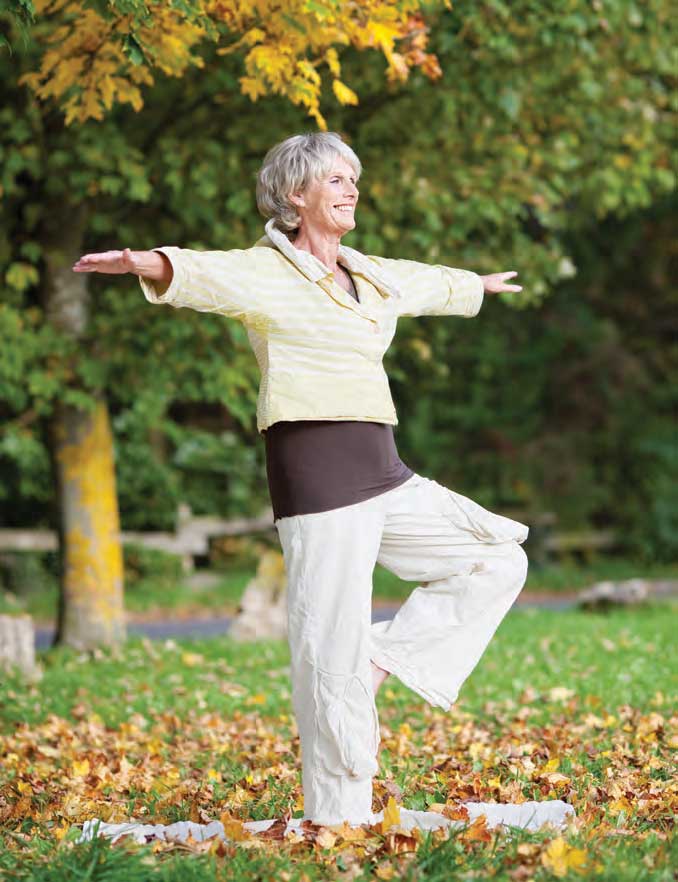
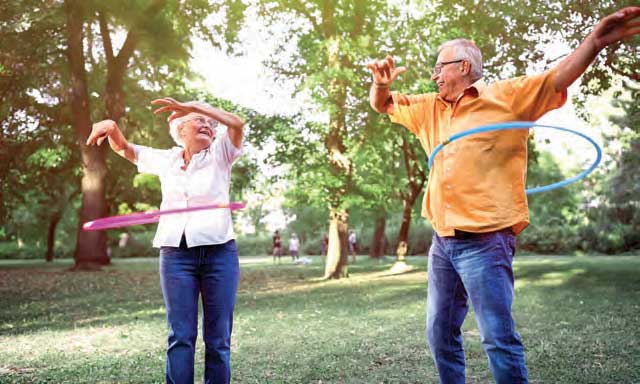
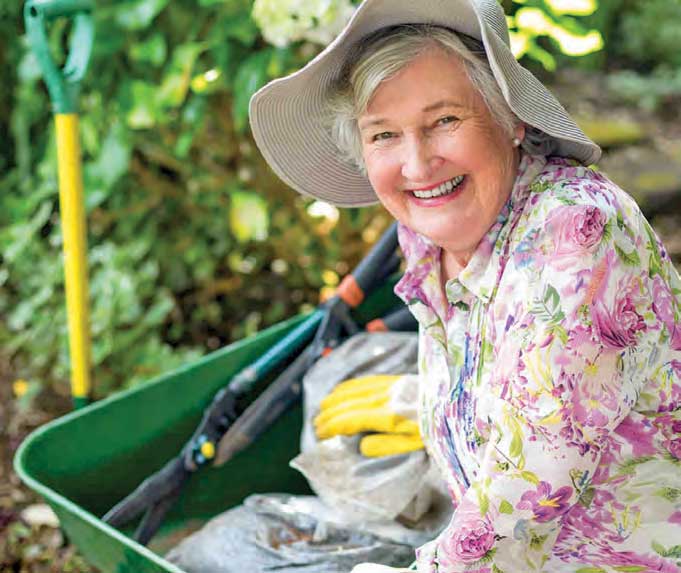

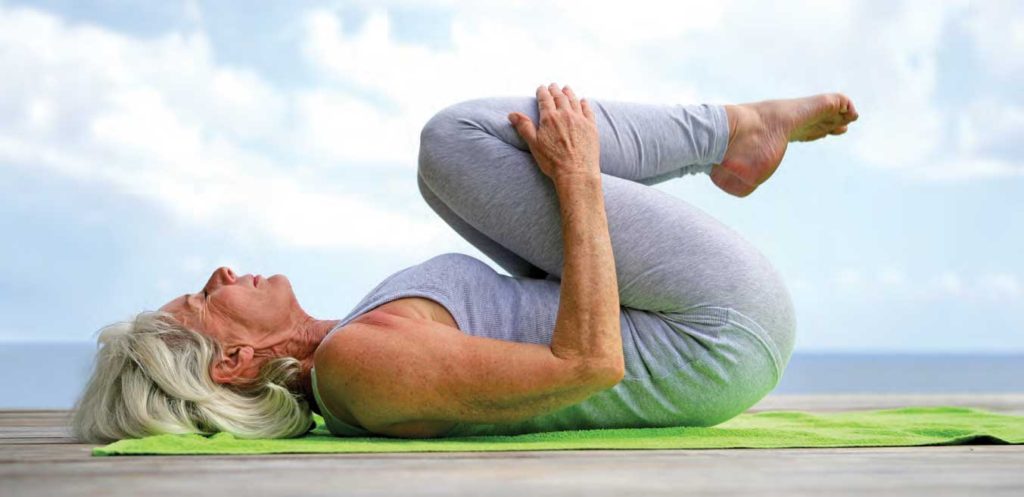
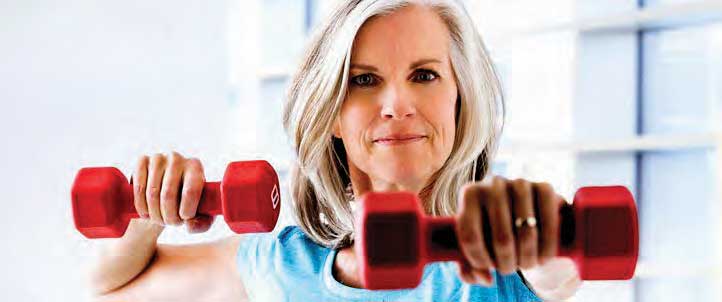

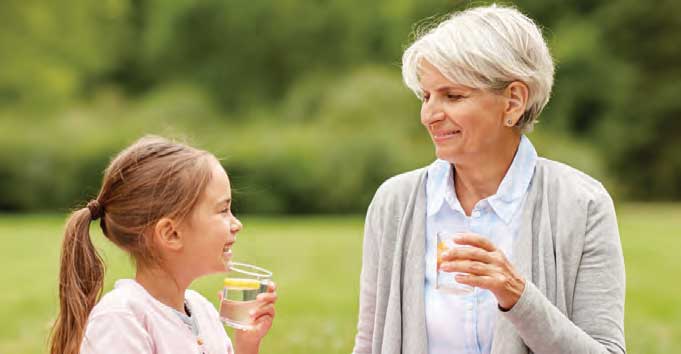 Tips for Staying Hydrated:
Tips for Staying Hydrated:


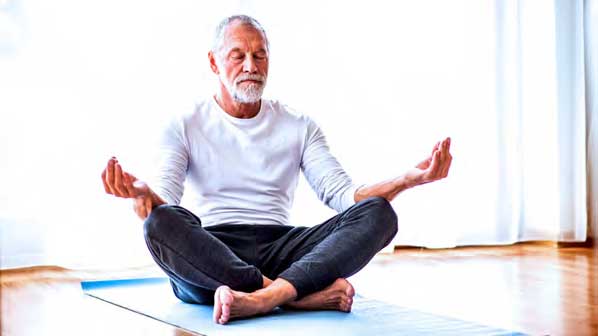 There are many different “healthy” ways to deal with stress. These are a few of the more common tools that people find useful when managing stress.
There are many different “healthy” ways to deal with stress. These are a few of the more common tools that people find useful when managing stress.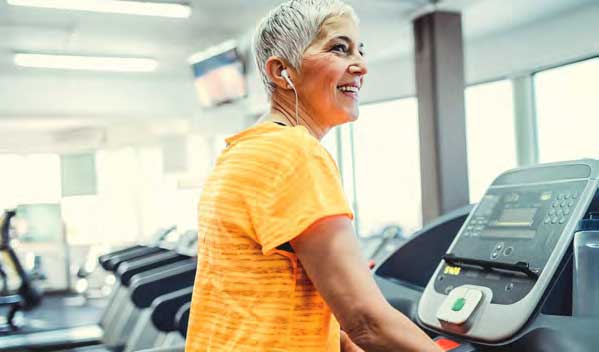
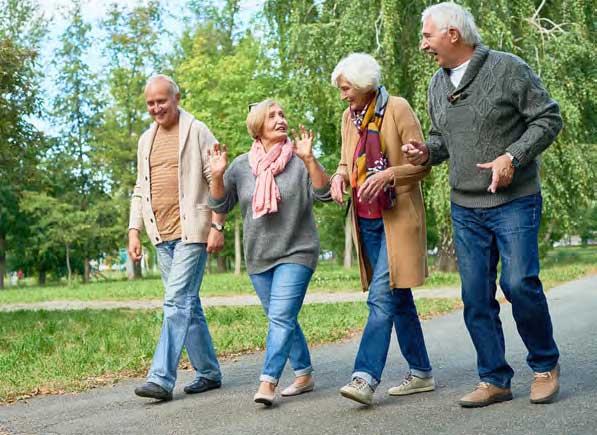

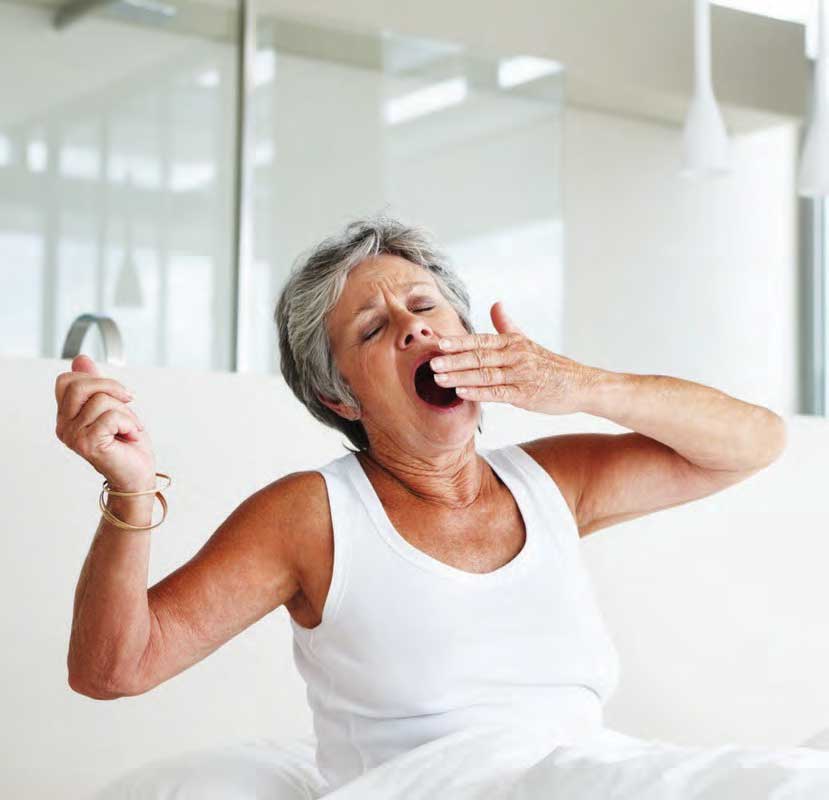
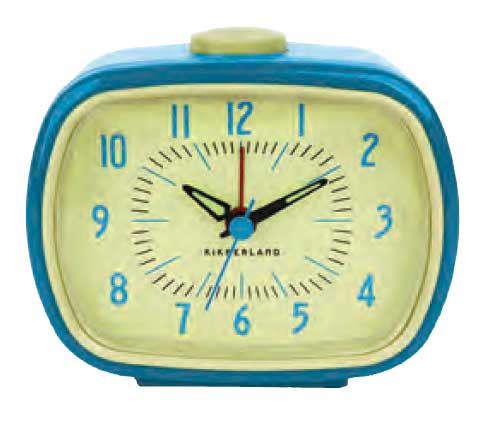



 © 2025 Kirby Pines LifeCare Community. All Rights Reserved |
© 2025 Kirby Pines LifeCare Community. All Rights Reserved | 